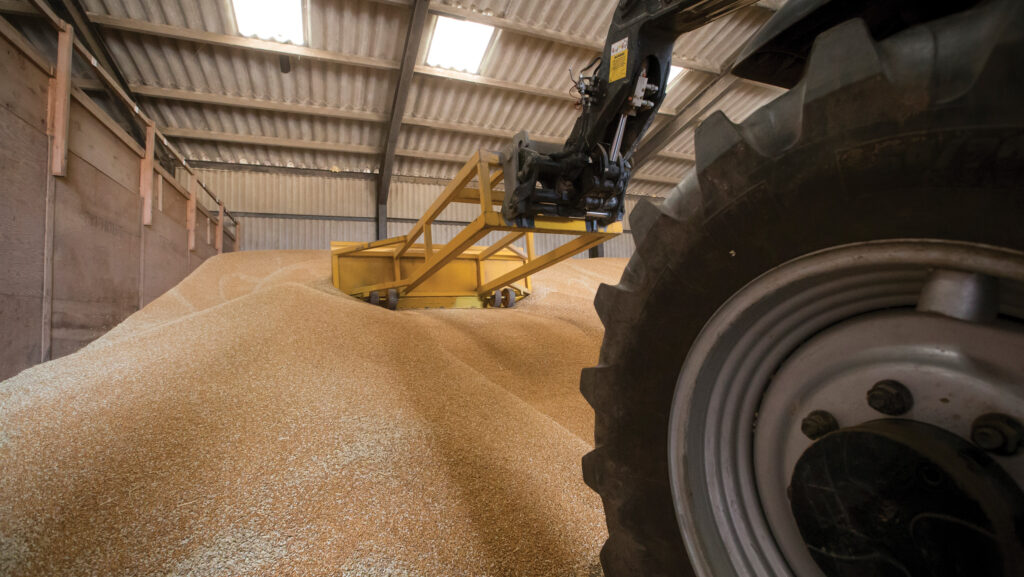UK wheat markets falter with global supplies set to rise
 © GNP
© GNP UK feed wheat futures for May 2026 dropped to a contract low of £171.50/t on 26 November, as a stronger pound made domestic wheat less competitive on global markets.
The pound recently strengthened against the dollar and was trading at £1 to $1.32 on 26 November.
While this is below the summer peak, it remains significantly higher than levels seen last year.
See also: Syngenta sells UK seed breeding business to focus on hybrids
Market fundamentals continue to drive much of the trade, with global grain supplies remaining high and weighing heavily on prices.
The International Grains Council increased its global wheat production forecast to 830m tonnes for 2025-26, putting it 31m tonnes higher on the year.
Argentina is forecasting a bumper wheat crop for 2025-26, with the Rosario Stock Exchange projecting total supplies, including initial stocks, at roughly 28m tonnes, leaving almost 20m tonnes available for export.
Russian agricultural consultancy Ikar estimates a large Russian wheat crop at 88.5m tonnes, while wheat production in 2026 is expected to be between 86m and 91m tonnes.
Consultancy firm SovEcon has reported that Russian farmers have been selling grain and oilseeds at a record pace.
The EU crop monitoring service released its latest update on 24 November, with sowing progressing well in most regions, and the establishment of winter cereals and rapeseed generally favourable.
However, it said dry conditions were slowing sowing in central Italy, eastern Hungary and western Romania. Excessive rainfall in southern Romania and northern Bulgaria has caused major delays.
Merchants at Dewing Grain say markets currently feel tired and in need of a new catalyst.
The firm said: “Wheat is lacking a clear driver, caught between bearish export competitiveness in Europe and supportive geopolitical and logistical issues in Ukraine.
“US wheat remains rangebound, and without a significant weather event or demand shift, rallies may struggle for follow through.”
With margins tight for cereals growers, Hectare Trading says selling grain little and often beats waiting for perfection.
“Grain markets don’t behave on a tidy seasonal cycle. Weather scares, geopolitical events, global demand and currency shifts can move prices sharply at any time of year,” the firm said.
“If you only sell in autumn, you’re tying the fate of the business to a very short period of market behaviour.”
